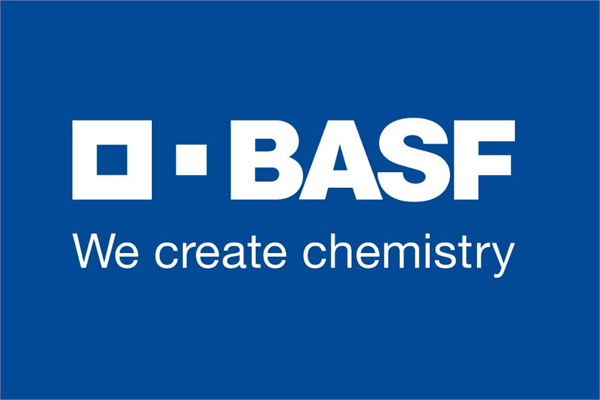
The neopentyl glycol and propionic acid of BASF will also allow customers to reduce Scope 3 emissions.
BASF has announced that it is now able to offer neopentyl glycol and propionic acid with a cradle-to-gate product carbon footprint (PCF) of zero, globally known respectively as NPG ZeroPCF and PA ZeroPCF. The company has achieved this success by using waste-based renewable raw materials in the Verbund production plant in Germany via its biomass balance approach.
Both products are “drop-in” solutions: they are identical in quality and properties to the standard products, allowing customers to use them without having to adapt to their existing production processes. So, they can also simply and efficiently reduce emissions from purchased goods or services (Scope 3) and increase the share of renewable raw materials in the value chain. On its journey to achieve net zero CO2
emissions by 2050, BASF is the first large chemical company to make the individual carbon footprints of all its sales products available to its customers.
Because of its high chemical and thermal stability, the versatile polyalcohol NPG is extensively employed for many applications, in particular for the formulation of polyester and alkyd resins for several powder coatings and plastics in the construction and automotive sectors, as well as for household appliances. Besides emitting minimal to zero VOCs, the coating process will also reduce processing times and energy requirements.